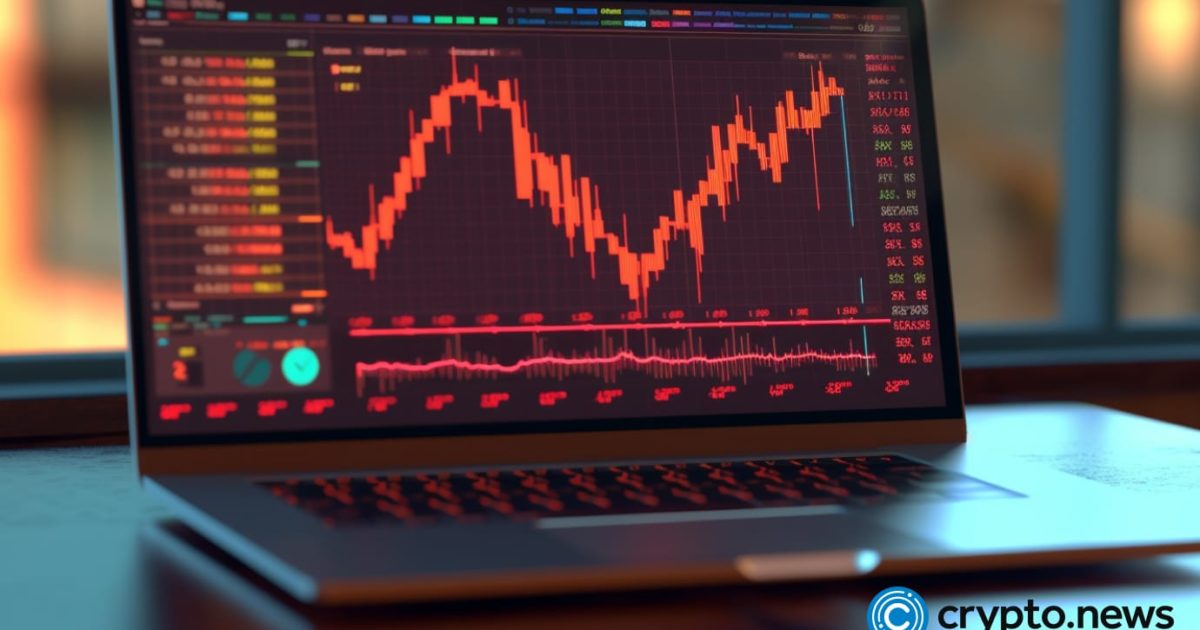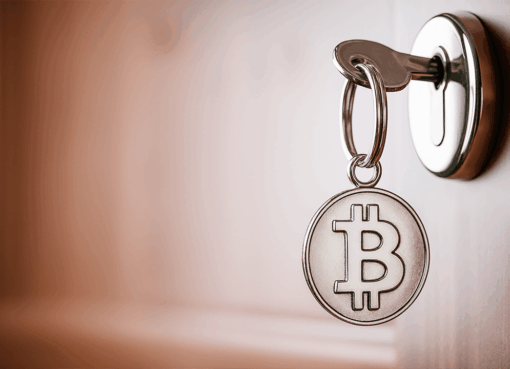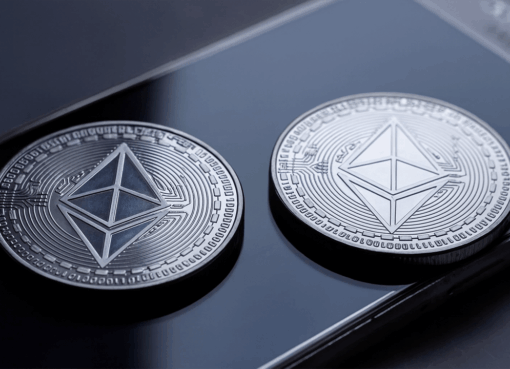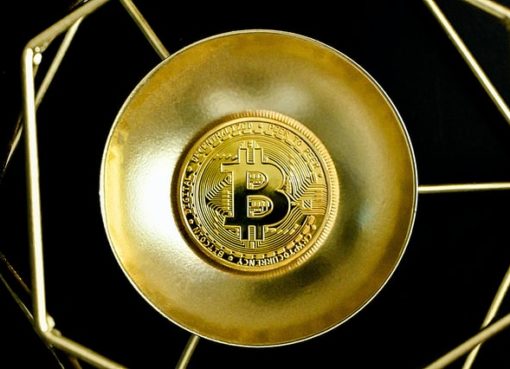South Korean regulators are currently monitoring the trading in the OTC crypto market to avoid its criminal use.
The South Korean Supreme Prosecutors’ Office Criminal Law Academy held a session focusing on virtual currencies’ challenges and issues in light of rising crimes involving virtual currencies, such as fraud and money laundering.
Deputy Chief Prosecutor Ki No-seong and Park Min-woo from the Financial Services Commission addressed concerns, particularly highlighting the issues surrounding over-the-counter (OTC) trading and the deposit business of virtual currencies. They emphasized the need for stricter regulations as these platforms often operate outside standard oversight, providing avenues for illegal activities.
OTC trading in crypto: main concerns
OTC trading in the context of virtual currency allows investors to maintain privacy and confidentiality in their transactions. Unlike standard, monitored, and regulated exchanges, OTC transactions can occur without oversight, leading to potential misuse.
Deputy Chief Prosecutor Ki drew attention to illegal virtual currency OTC companies that convert illicitly acquired virtual currency into foreign currency or Korean won. These platforms are likened to a “black market” for virtual currency trading, enabling trades at any desired price without monitoring or tracking.
He highlighted that OTC platforms are often exploited to launder money or hide criminal profits, obscuring the origins of the virtual currency obtained through illegal means such as hacking or ransomware. Recent incidents have seen illegal foreign exchange transactions through OTC, bypassing official financial markets and leading to arrests, he noted.
Simultaneously, there is rising concern over the virtual currency deposit business, which pays customers interest when they deposit cryptocurrencies like Bitcoin (BTC) or Ethereum (ETH). The issue is the lack of transparency, as these deposit companies do not currently need to disclose their investment details to customers.
The officials said incidents like suspending deposits and withdrawals at Delio and Haru Invest highlight the risks. These companies suddenly halted cryptocurrency withdrawals, leading to customer uproar and legal complaints.
The forthcoming Virtual Asset Act, set to be implemented in July next year, aims to address such issues by enforcing tighter regulations. The act mandates that virtual asset operators must hold a substantial amount of the same cryptocurrency entrusted by their users, effectively curbing the opaque operations of the virtual currency deposit business.
What is OTC trading?
OTC trading, or over-the-counter trading, is a type of trading that occurs directly between two parties without the involvement of an exchange. In OTC, dealers act as market makers by providing quotes for buying and selling digital assets, regardless of their exchange price.
OTC trading has gained significant popularity in cryptocurrency. With the rise of digital assets, there has been a growing demand for OTC services from institutional investors.
However, many traders have hesitated to enter numerous platforms’ unregulated environments. To address this concern, some companies, like Huobi, have introduced fully regulated OTC desks to provide institutional investors with a secure and compliant trading environment.




